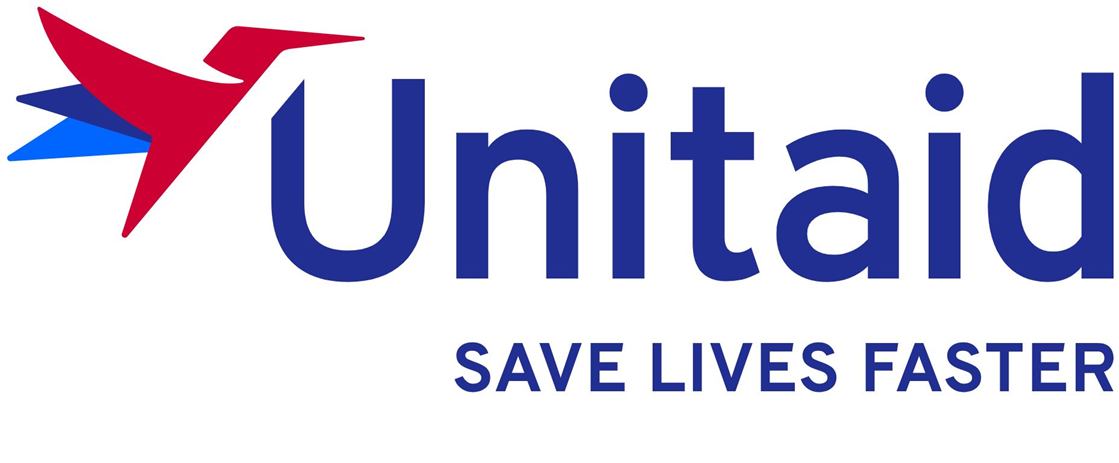Publication: Bedaquiline, delamanid, linezolid, and clofazimine for rifampicin-resistant and fluoroquinolone-resistant tuberculosis (endTB-Q): an open-label, multicentre, stratified, non-inferiority, randomised, controlled, phase 3 trial
Background: Pre-extensively drug-resistant (pre-XDR) tuberculosis (ie, multidrug-resistant or rifampicin-resistant with additional resistance to any fluoroquinolone) is difficult to treat. endTB-Q aimed to evaluate the efficacy and safety of bedaquiline, delamanid, linezolid, and clofazimine (BDLC) compared with the standard of care for patients with pre-XDR tuberculosis.
- endTB-Q Clinical Trial





